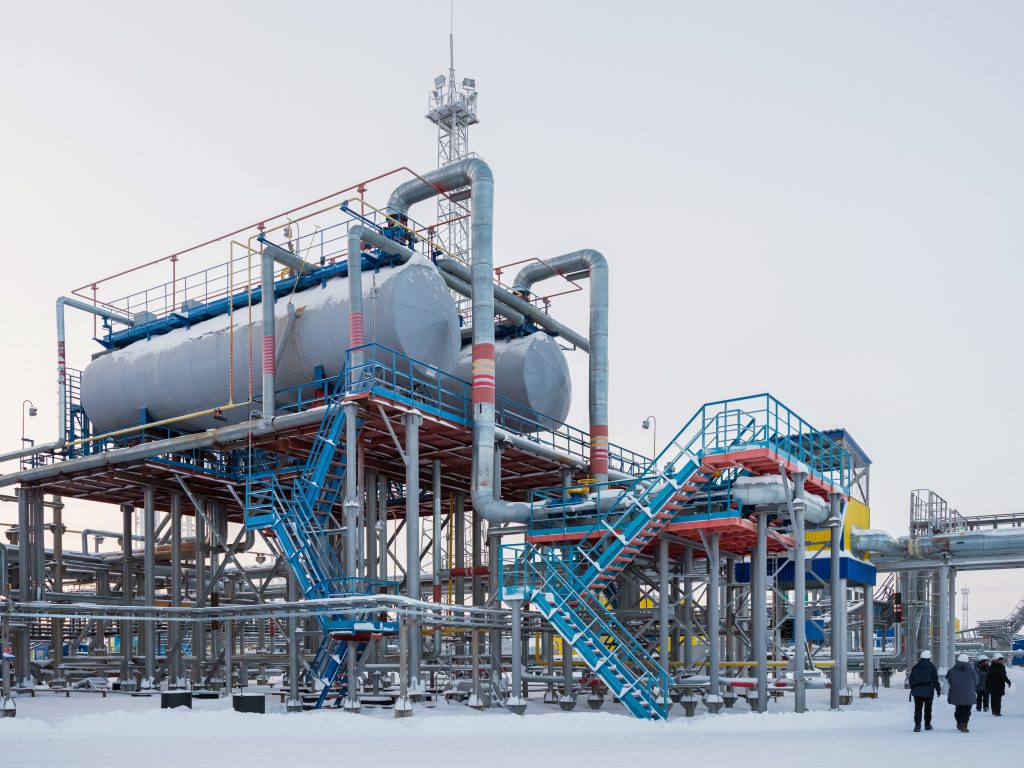- 20 European natural gas buyers have opened accounts in Gazprombank, a source told Bloomberg.
- Vladimir Putin has demanded that foreign buyers pay rubles for supplies.
- Russia halted gas supplies to Poland and Bulgaria in late April after they failed to pay in rubles.
Twenty European natural gas buyers have opened accounts with Gazprombank so they can pay in rubles, a person close to Kremlin-controlled energy giant Gazprom told Bloomberg.
A further 14 companies have requested the paperwork to set up accounts with Gazprombank, the anonymous source said in an article published on Thursday. It comes after Russia halted gas supplies to Poland and Bulgaria in late April for failing to pay in rubles.
Europe is heavily dependent on Russian energy, although President Vladimir Putin's invasion of Ukraine has accelerated the EU's efforts to reduce its reliance.
The West has imposed sweeping sanctions on Russia to destabilize its economy, cut off funding to its military, and put pressure on Putin to end the war.
In late March he said Russia would require "unfriendly" countries that had imposed sanctions on Moscow to pay for its gas in rubles.
European Commission president Ursula von der Leyen called Putin's policy a "clear breach of contract" and "an attempt to circumvent the sanctions."
Buyers have to set up two accounts with Gazprombank to facilitate the transaction: one in a foreign currency and another in rubles.
The EU has said opening a ruble account would breach sanctions, but the Gazprom source told Bloomberg that buyers only had to pay Gazprombank in foreign currency, which is then converted to rubles.
Four European natural gas buyers have already paid Russia in rubles for supplies, Bloomberg reported in late April. No more have since done so, the publication's source said in Thursday's story.
The EU gets about 40% of its natural gas from Russia, which has the world's largest gas reserves.
Dutch natural gas futures rose jumped more than a fifth on Thursday above 112 euros ($117) a megawatt hour in the biggest one-day rise since early March.
The price is more than 300% higher than this time last year but far below record highs above 300 euros per megawatt hour immediately after the Russian invasion.
